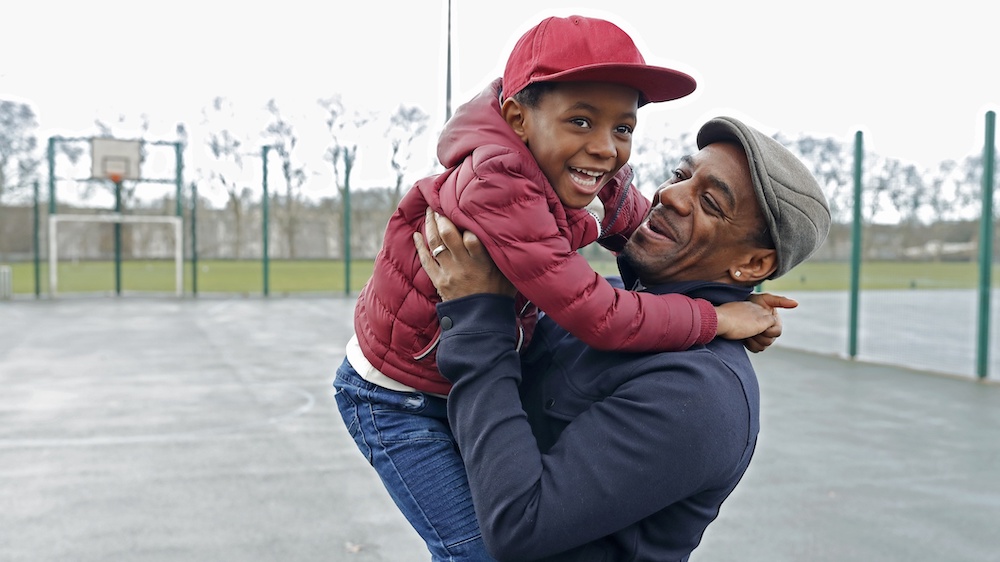If you’re interested in sharing your opinion on any cultural, political or personal topic, create an account here and check out our how-to post to learn more.
Opinions are the writer’s own and not those of Blavity's.
____
Written by Reverend DeLishia Andrea Davis
____
Following the recent funerals of Andrew Brown, Jr. in North Carolina and Ma'Khia Bryant in Ohio, both shot to death by local police, we are left with complicated questions and emotions. We are gratified to have a measure of accountability with the guilty verdicts in the Derek Chauvin trial, but we question whether we truly have justice. We wonder if Black people are any safer today than yesterday from the threat of a lethal knee on our necks.
There are nagging doubts about whether this murder, this outrage, this pain will make a difference that Emmett Till’s murder, Rodney King’s beating, Eric Garner’s murder and all the others down through the centuries did not.
The good news is that the conscience of our nation was awakened by George Floyd’s murder in a way that we haven’t seen before. This is not just anecdotal; it is measurable, in polls taken in the months since, in the very visible and passionate mass demonstrations across the country, and in the push for proposed federal legislation named the George Floyd Justice in Policing Act.
And there is more: Attorney General Merrick Garland has eliminated Trump administration restrictions on the use of consent decrees to address abusive policing. He has also announced Justice Department investigations into the Minneapolis and Louisville police departments.
But the even better news is this: we don’t have to just wait for the federal government to act. We can use the power we have as citizens to pressure our local governments to act now to change public safety in our communities, whether they are large or small.
I am struck by the example of Ithaca, New York, a college town run by a young, dynamic Black mayor. As the world was watching the first week of Derek Chauvin’s murder trial, Ithaca’s Mayor, Svante Myrick, and the city council approved a groundbreaking proposal to replace the city’s police force with something innovative and new.
Simply put, Ithaca will do away with its traditional police department and replace it with a Department of Community Solutions and Public Safety, with a strong focus on unarmed responses by social workers in the many instances in which an armed response is unnecessary (and would likely make matters worse).
Some personnel in the new department will still be armed, but others will not. The department will have a civilian head and will emphasize trust-building with communities of color, homeless residents, LGBTQ residents and residents with disabilities.
This is no hasty “defund the police” response. The proposal has been studied from every angle, with community input. There is no call for sweeping budget cuts enacted in other cities’ police departments; in fact, supporters say the city would probably spend more on public safety overall under the new system. The new agency would also provide support for officer health and wellness. Myrick says police officers talk about being stretched too thin responding with full force to non-criminal activity; this would end that dilemma.
A program like this should be a model for communities across the nation. But it won’t happen by itself. We as citizens need to use this moment to advocate for changing how policing is done in our own communities. We already know how to do this: by speaking out and demonstrating (through civic engagement and showing up when the local government meets to do its work), by contacting our local lawmakers and making our voices heard. We as faith leaders have a role too, in organizing and informing our congregations.
This bottom-up approach may seem daunting because there are more than 12,000 local police departments in the U.S. But we can make a big difference early on if we just start with the 25 metropolitan areas where more than half of Black Americans live. My own Washington, DC metro area — the nation's capital — is one of those.
In the immediate aftermath of the Chauvin verdict, George Floyd’s family appeared before TV cameras and told the world that now they could breathe again. It was heartrending to see because we couldn’t help remembering that breath was all George Floyd wanted in his final moments.
Those of us who have the gifts of life and breath today can put these gifts to work to help ensure no other family has to grieve as the Floyd family has. That is our charge now; let’s answer it with all our strength.
____
Reverend DeLishia Andrea Davis is the distinguished pastor of Calloway United Methodist Church in Arlington, Virginia. She was born in the nation’s capital, and has lived in several areas of the United States of America and abroad for religious education and evangelism.
